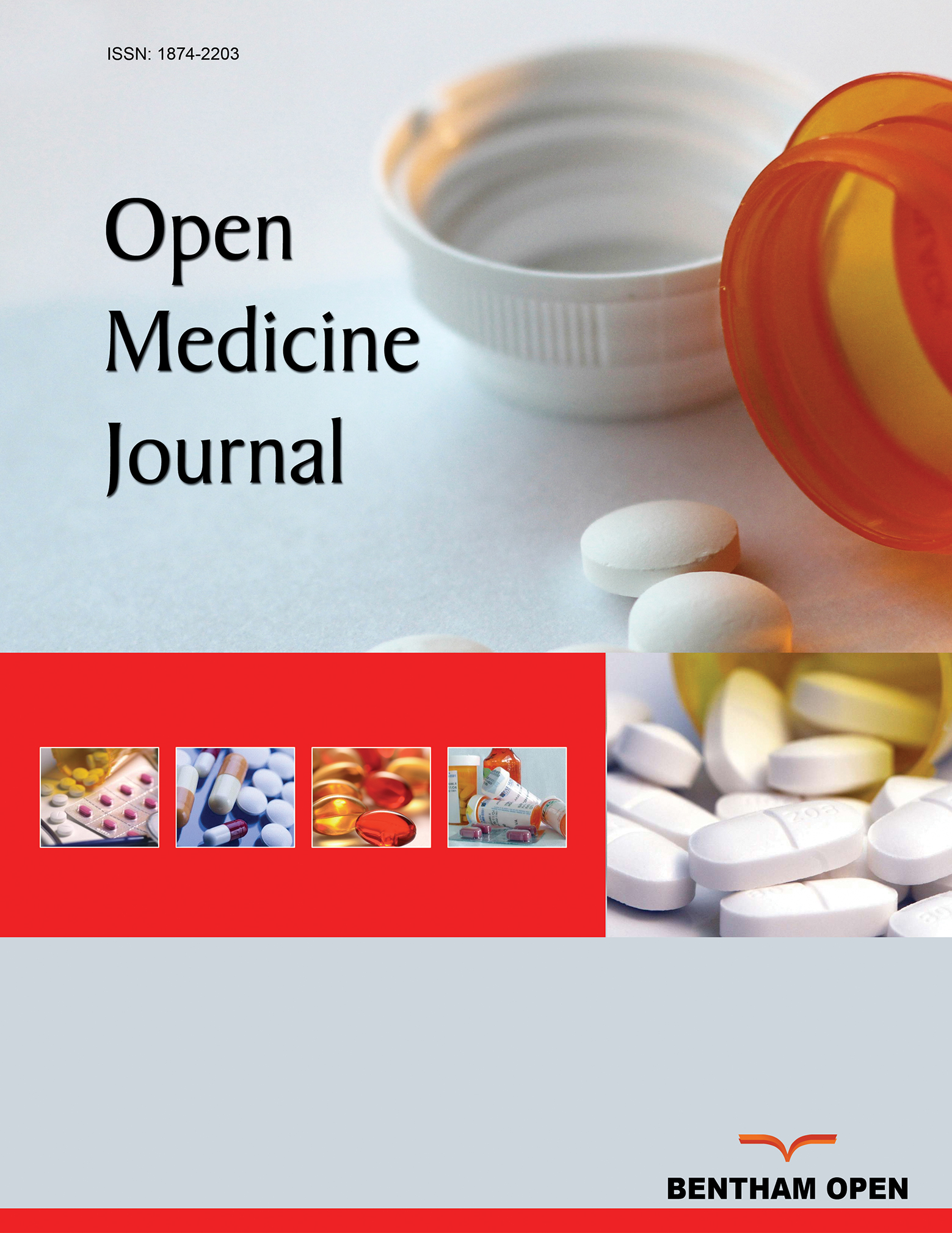All published articles of this journal are available on ScienceDirect.
Fibrin-Specific Thrombolytic Therapy for Acute CVA within 6 Hours of Onset, Systematic Review and Meta-analysis
Abstract
Objective:
Cerebrovascular Accident (CVA) remains a major cause of disability and death and fibrinolytic agents might reduce long-term disability. We sought to determine whether patients receiving fibrin-specific thrombolytic agents acutely (within 6 h) following CVA had improved functional outcome, or decreased mortality or increased intracerebral bleeding at 6-months than patients receiving placebo.
Materials and Methods:
We conducted a systematic review of randomized controlled clinical trials that assessed 6-months functional outcome, mortality and intracranial hemorrhage and compared thrombolytic therapy with placebo in patients randomized within the first 6 hours following CVA. We searched these databases: MEDLINE (1990-2018), Cochrane Central Register of Controlled Trials, and Cochrane Database for Systematic Reviews. Two blinded reviewers reviewed the eligible articles and rated study quality using the Jadad score. We calculated pooled Odds Ratios (ORs) using a random effect model.
Results:
We included 9 studies with 6523 enrolled participants and had 673 deaths. Compared with placebo, thrombolytic therapy within 6 hours of CVA did not result in a statistically significant reduction in 6-month mortality (OR 1.21, 95% confidence interval [CI] 0.94–1.55). More patients in the thrombolytic therapy group had favorable functional outcome (OR 1.20 confidence interval [CI] 1.07–1.35). Thrombolytic therapy caused more fatal intracerebral bleeding than placebo (OR 5.61 confidence interval [CI] 3.40-9.24).
Conclusion:
Fibrin-Specific thrombolytic within 6 hours of CVA improves functional outcome at the expense of increasing symptomatic and fatal intracerebral bleed. Future studies are required before extending the thrombolytic window to 6-hours.


